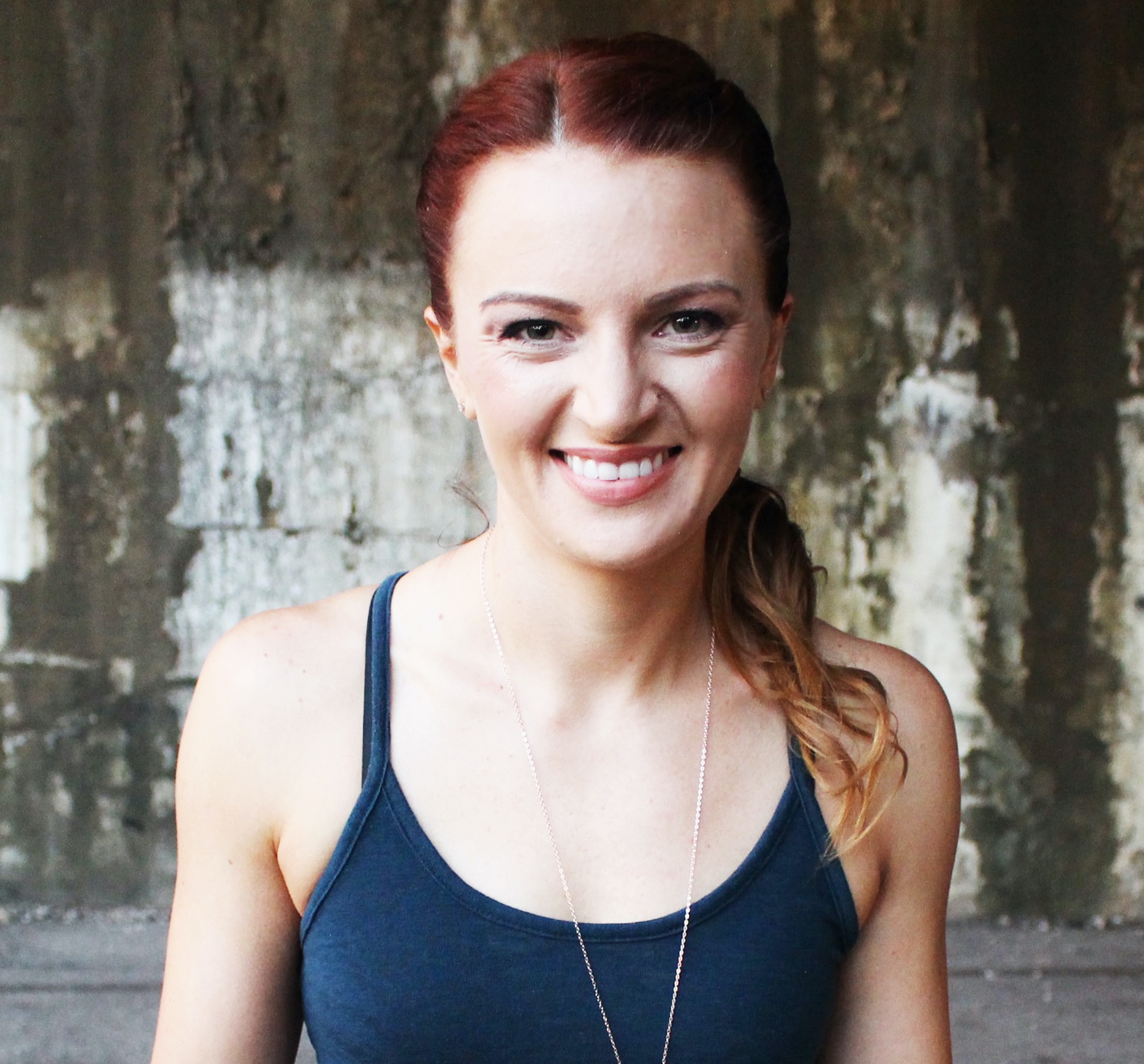Best types of running shoes for knee pain

What makes a good running shoe for bad knees? Here, we'll round up the best types of running shoes for knee pain — and how to find your perfect pair.
Nothing puts a damper on a run quite like knee pain. But we're here to tell you, with the right shoes, you won't have to just grin and bear it — or ditch your runs altogether.
After all, knee issues are a common pain point for many runners. And, as a result, scientists have spent a lot of time studying runners, gait mechanics, and knee impact forces to figure out what's going on.
Why do runners get knee pain?
Running is an inherently high-impact sport. With each foot strike, your foot collides with the ground, sending a mini shock wave up through your legs. Normally, this isn't a bad thing. In fact, research shows this can actually trigger the bones and cartilage in your knees to become stronger over time. What's more, runners actually have a lower risk of knee osteoarthritis compared to non-runners.
That said, if your foot doesn't hit the ground in the right way, that shock wave may not hit your knee in the healthiest way. Cue the knee pain.
That's where specialty running shoes come in. By course-correcting your foot strike, they alter the forces that hit your knees, time after time, during your runs. That way, instead of ending your runs with aching, throbbing, or swollen knees, you hit the finish line happy — and stronger than before.
This is a carousel. Use next and Previous buttons to navigate.
If you overpronate: Support shoes
High-support running shoes are all about giving your foot a solid structure, and they're a great choice if your arch flattens out and your feet roll too far inward when you run, also known as overpronation. And, because a foot that collapses inward can cause the knees to cave in, too, support shoes are among the best types of running shoes for knee pain. These tend to provide great arch support, but if you have extremely flat feet, you can also add a specialized insert into your shoe.
Not sure if this is you? Look at your current running shoes. If the soles are mostly worn down toward the insides of the foot, including under your big toe, you're a sure-footed overpronator.
If you supinate: Neutral shoes
While overpronators won't find relief with neutral running shoes, supinators (aka underpronators) may. If you have supination, your feet roll outward toward your pinkie toes when you run. This transfers force toward the outside of your knees and can cause pain there.
Neutral running shoes are designed to gently guide the feet back to center. Some have bumpers that act as guide rails to help keep your foot on the straight and narrow.
Again, looking at the soles of your current running shoes can tell you a lot. If the outside of the shoes, including under the pinkies, are the most worn down, you're underpronating.
If you heel strike: Shock absorption shoes
Runners love to debate whether, when you run, you should land on your heels, midfoot, or balls of your feet. And, in the end, the best course forward is going to be the one that feels best to you.
That said, if you do strike with your heels, meaning they hit the ground before the rest of your feet, you may benefit from some running shoes with extra shock absorption in the heel. After all, the heel is a pretty rigid structure, meaning any impact there can easily reverberate up your leg. Heel-shock technology just helps dampen it a bit.
When you run, try to pay attention to what part of your foot comes into contact with the ground first. This can be hard to do without messing up how you run (it's a little like patting your head and rubbing your stomach at the same time). But you can also look to see how worn the heels are on your current shoes. The more worn they are (compared with the rest of your shoe, that is), the more likely you're leading with your heels.

If you feel every step: Cushion shoes
This one applies to a lot of the runners out there with knee pain. Whether you opt for a support, neutral, or heel-shock-absorbing shoe, chances are you can benefit from some cushion.
Cushioned running shoes do exactly what they sound like they do: They cushion your foot to lessen the impact forces that go into your foot — and ultimately up your leg and into your knee.
The best running shoes for knee pain come in so many cushion levels, and the best one for you is individual. If the idea of running on clouds immediately makes your knees feel better, then you'll likely want a high-cushion model.
The bottom line
The best types of running shoes for knee pain are pretty varied. And, ultimately, the best type for you depends on your individual running mechanics. Before committing to any shoes, make sure to give them a test run to see how your feet and knees react. You can do this at home or in a running specialty store where a sales associate can record and evaluate your gait.
Listen to and trust your body. When you slip on the right pair, your knees will feel the difference.
Our writer's advice is intended for informational or general educational purposes only. We always encourage you to speak with your physician or healthcare provider before making any adjustments to your running, nutrition, or fitness routines.


